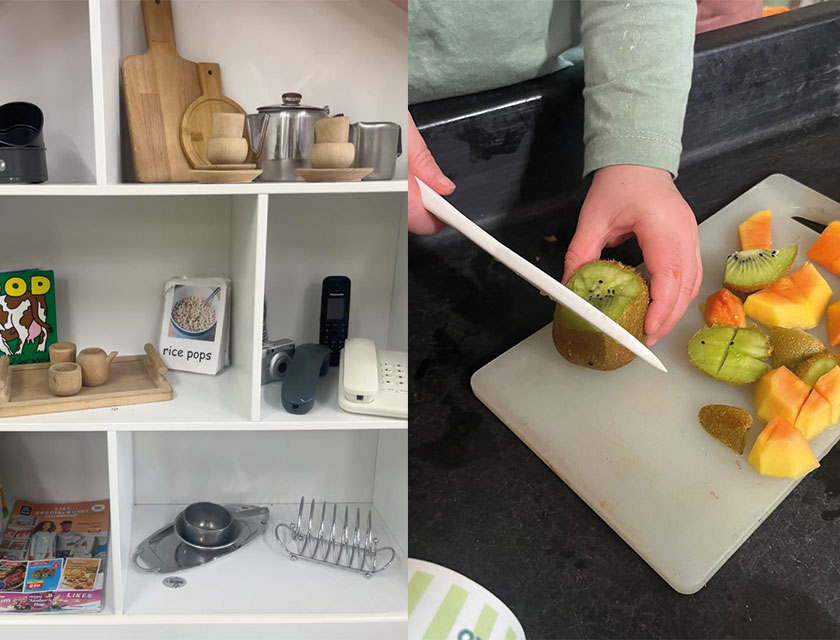
School Readiness
In Preschool we encourage independence: serving their own food, porcelain plates, valuing their choices (plods), putting their own coats on.
Self-Regulation – helping children understand their emotions and what to do if they feel sad, angry etc. Being emotionally ready for school can really help with the transition from nursery to reception and helps them become more resilient when faced with challenges. Being able to label their emotions and understand what to do when they feel a certain way is a very important part of school readiness.
Phonics:
We start by focussing on Phase One Phonics, which is done before the introduction of letter sounds. We concentrate on developing children’s speaking and listening skills, laying the foundations for Phase Two Phonics. We focus on general sound discrimination with environmental sounds, instrumental sounds, and body percussion. We also encourage a lot of rhythm and rhyme! By playing different listening games and embedding these aspects throughout our day, Phase One Phonics provides a gateway to early reading and writing.
Children will start Phase Two Phonics when they begin Reception. Having said this, sometimes we use our professional judgement to decide the children may benefit from some informal teaching of Phase Two Phonics whilst still in nursery. This is where we introduce some letter sounds for the children. We find already knowing some letters and sounds boosts their confidence when starting school.
We start by introducing s, then a, then t and so on, following the s, a, t, p , i , n letter sounds order. We use the letter formations from the phonics scheme Read, Write, Inc, for example ‘around the apple and down the leaf’ to help form the letter a when writing.
Makaton:
We currently introduce a new Makaton sign each week, which helps to create an environment where each child feels able to speak and be heard. Makaton is a language programme that uses symbols, signs and speech to support development of essential communication skills.

